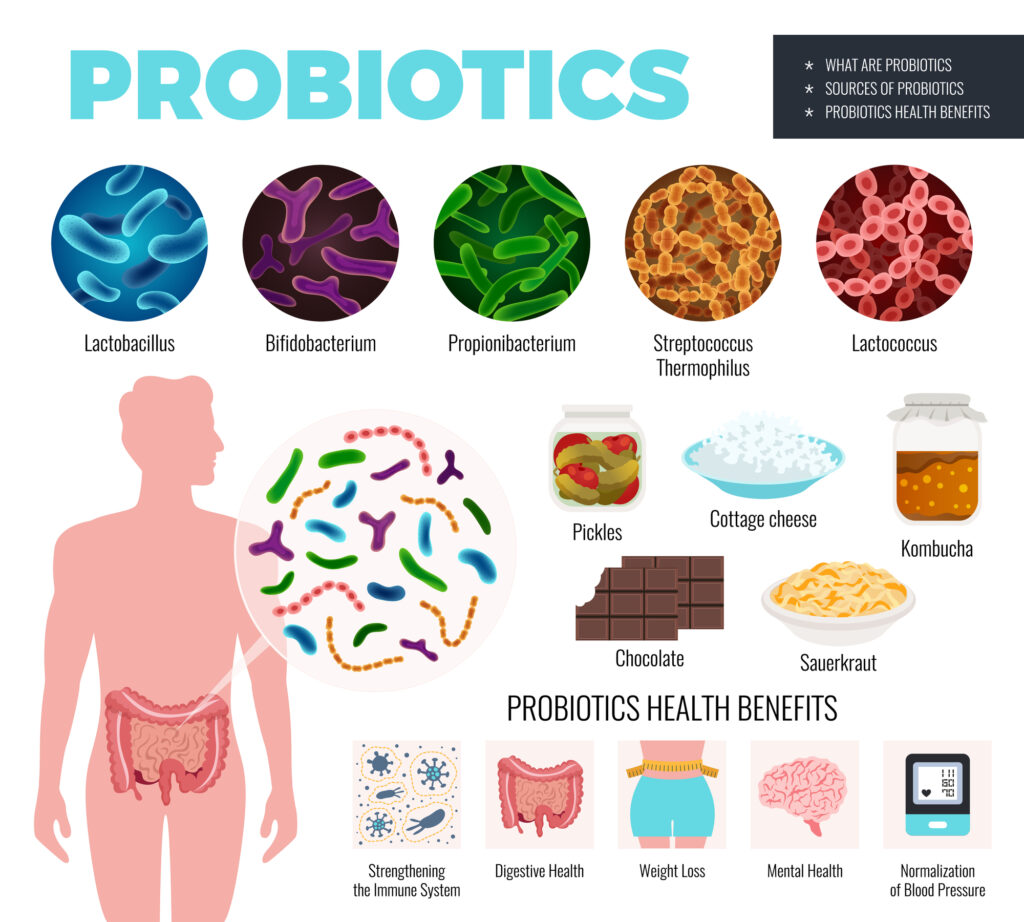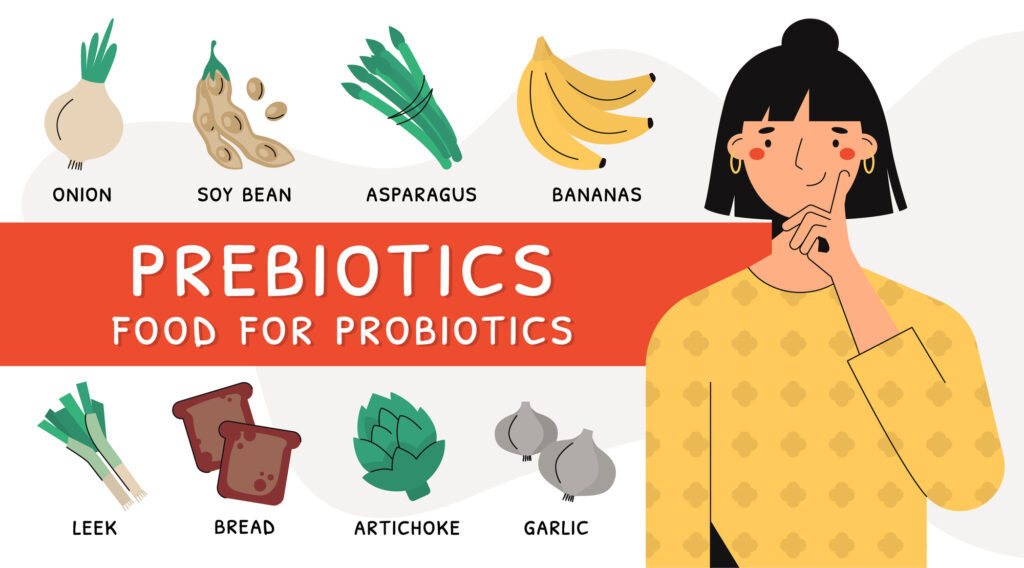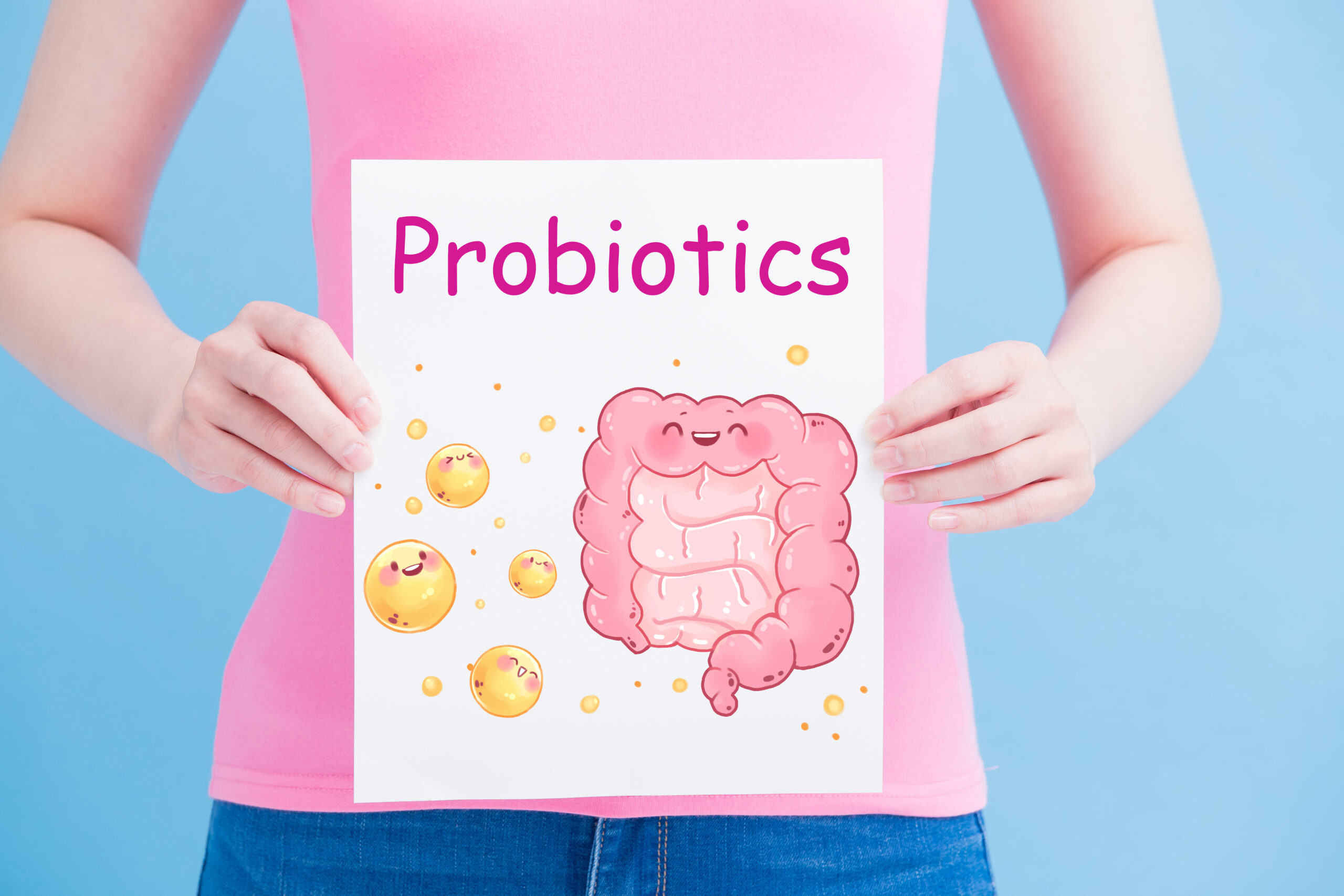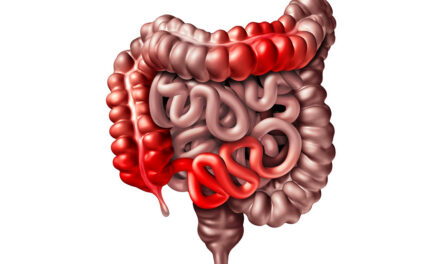Probiotics emerge as microbial superheroes, emitting special benefits within the human digestive system. Probiotics, a term derived from the Greek language, refer to live microorganisms with potential health benefits when consumed in adequate amounts.
These tiny warriors, predominantly consisting of beneficial bacteria, take up residence in our gastrointestinal tract, contributing to the delicate balance that sustains digestive harmony.
The gut, often called the “second brain,” is a dynamic ecosystem hosting trillions of microorganisms collectively known as the gut microbiome. This bustling community plays a specialized role in digestion and the regulation of the immune system, synthesis of essential vitamins, and the potential influence of mental health.
These live microorganisms act as reinforcements to fortify the microbial troops in our gut. Their role extends beyond digestion, contributing to maintaining the integrity of the gut barrier, modulating immune responses, and even producing substances that inhibit the growth of harmful bacteria.
Types of Probiotics
Within the realm of probiotics, a trio of known bacteria exist, each contributing distinct advantages to the intricate dance of microbial balance within the gut.
The following are amongst the most common types of probiotics:
Saccharomyces boulardii
A non-pathogenic yeast, Saccharomyces boulardii, is a unique member of the probiotic family. Renowned for its resilience against antibiotics, this yeast not only bolsters the gut’s defenses but also aids in the prevention of antibiotic-associated diarrhea.
Additionally, Saccharomyces boulardii has demonstrated efficacy in managing inflammatory bowel diseases, providing relief to those with conditions like Crohn’s disease and ulcerative colitis. Its ability to modulate immune responses and reinforce the intestinal barrier marks it as a formidable ally in the quest for gut health.
Bifidobacterium
The genus Bifidobacterium encompasses a variety of beneficial bacterial strains that predominantly inhabit the lower gastrointestinal tract. Recognized for their role in fermenting non-digestible fibers, Bifidobacteria contribute to the production of short-chain fatty acids, nourishing the cells lining the colon and promoting a favorable environment for beneficial bacteria to thrive.
These microbes are important in maintaining a balanced gut microbiome, with specific strains such as Bifidobacterium lactis demonstrating potential in alleviating symptoms of irritable bowel syndrome (IBS) and supporting immune function.
Lactobacillus
Lactobacillus, a well-known and diverse group of probiotics, takes residence in various regions of the digestive tract, including the small intestine. These bacteria are lauded for their ability to produce lactic acid, creating an acidic environment that hinders the growth of harmful microbes.
Lactobacillus strains, such as Lactobacillus acidophilus and Lactobacillus rhamnosus, have been associated with improvements in lactose digestion, prevention of antibiotic-associated diarrhea, and even potential anti-inflammatory effects.

5 Benefits of Probiotics
Probiotics, the beneficial microorganisms residing in our gut, wield a myriad of advantages and maintain wellness within the digestive system. These microscopic allies contribute significantly to various facets of gut health, offering a range of benefits that extend beyond digestion alone.
Improved Digestion
Probiotics play a crucial role in enhancing digestive processes. By assisting in the breakdown of complex carbohydrates, proteins, and fats, these microorganisms contribute to more efficient digestion. Individuals often report reduced bloating and discomfort as probiotics aid in the smooth passage of food through the digestive tract.
Enhanced Nutrient Absorption
The presence of a healthy gut microbiome, enriched by probiotics, facilitates improved nutrient absorption. Certain strains, such as Bifidobacterium, contribute to the fermentation of non-digestible fibers, producing short-chain fatty acids that nourish the cells lining the colon. This process enhances the absorption of essential nutrients, promoting overall nutritional efficiency.
Prevention and Treatment of Diarrhea
Probiotics have demonstrated efficacy in both preventing and alleviating various forms of diarrhea. Saccharomyces boulardii, in particular, has been instrumental in managing antibiotic-associated diarrhea and infectious diarrhea. The introduction of probiotics helps restore the microbial balance disrupted by antibiotics or pathogens, promoting a swifter recovery.
Immune System Support
The gut is a central hub for immune system activity, and probiotics actively contribute to immune function. By modulating the activity of immune cells, probiotics help maintain a delicate balance between defense and tolerance. This immunomodulatory role is particularly crucial in preventing the over-activation of the immune system, which is implicated in conditions like inflammatory bowel diseases.
Restoring the Natural Balance of Gut Flora
Disruptions to the natural balance of gut flora, often caused by factors like antibiotic use or dietary changes, can lead to digestive issues. Probiotics act as restorative agents, replenishing and diversifying the microbial community within the gut. This restoration not only aids in digestion but also contributes to the overall stability and resilience of the gut microbiome.
The benefits of probiotics extend far beyond mere digestive support. Their influence on nutrient absorption, immune function, and the prevention of gastrointestinal disturbances positions them as integral components in the pursuit of comprehensive gut health.

Final Thoughts
Probiotics not only champion improved digestion, enhanced nutrient absorption, and the prevention and treatment of diarrhea but also extend their influence to provide crucial support to the immune system and restore the delicate balance of the gut flora.
As we navigate the complexities of gastrointestinal well-being, understanding and harnessing the potential of probiotics becomes a guiding factor for cultivating a resilient gut microbiome.




DreamProxies.com – Best Private Proxies For the purpose of Cheapest Rates Ever before!